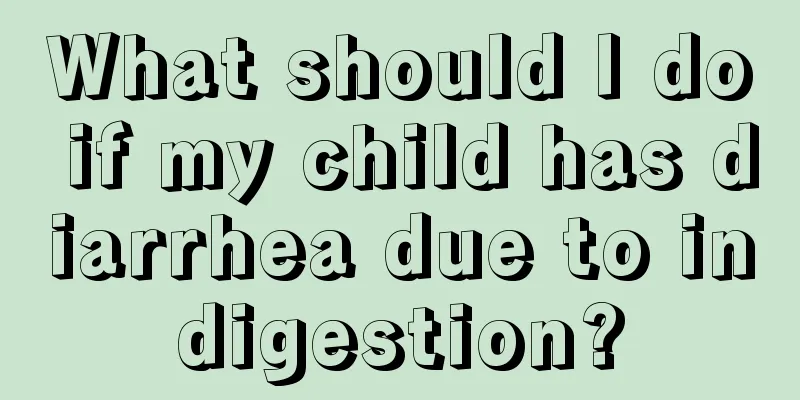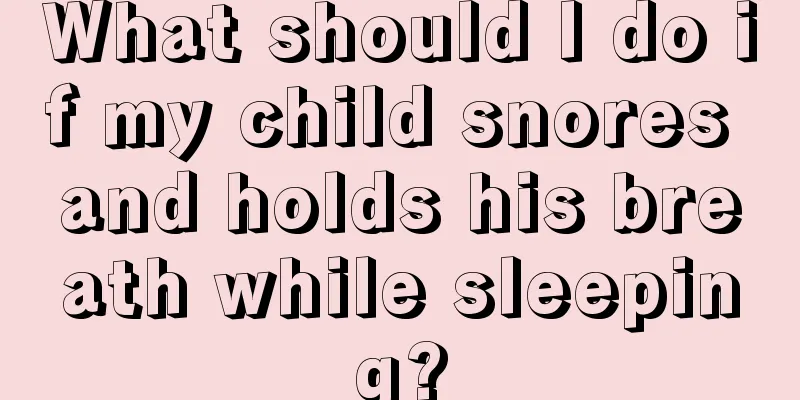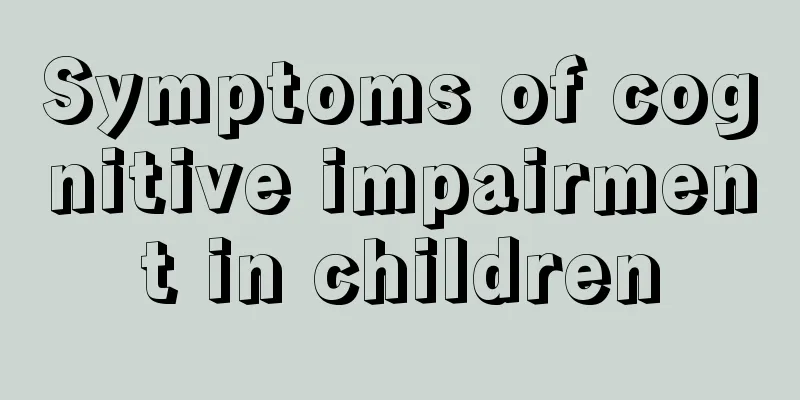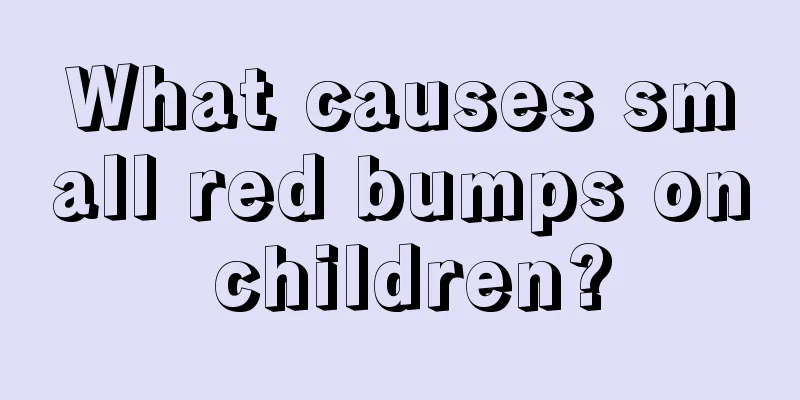What to do if your baby's fingers are red and swollen
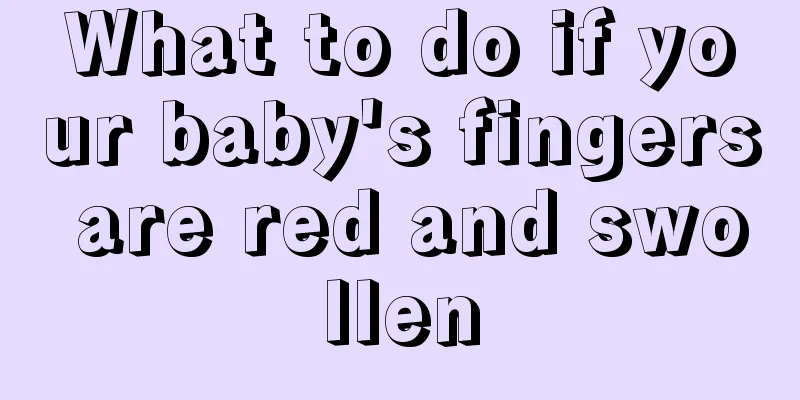
|
When babies are still relatively young, they like to suck their fingers. Many mothers will find that their babies will keep putting their fingers in their mouths and sucking them non-stop. Their fingers will often turn red and sometimes even break the skin. This habit of babies makes many mothers feel troubled. In fact, sucking fingers is the beginning of a baby's contact with the world and there is no need to interfere. The first thing to do is to rule out whether the baby is bitten by mosquitoes. If there are no mosquito bites, then a large hospital will be needed for further examination before a conclusion can be drawn. Why do babies suck their fingers? Sucking fingers is actually a normal behavior of babies during the "oral stage". From birth to 1-2 years old, which is the stage of breastfeeding, the baby's "pleasure" is mainly concentrated in the mouth, lips and tongue, that is, the baby's primitive desire is satisfied through the sucking action of the nipple. This is the so-called "oral stage". Is it a good thing or a bad thing? The typical characteristics of children at this stage are that they put everything in their mouths and like to suck their fingers. Especially when the baby is about 3 to 6 months old, his sucking need becomes particularly prominent, so he will put everything he gets in his little hands into his mouth. The baby sucks his fingers, saliva, giggles, and feels very happy about it all. Babies at this stage contact and understand the world through their mouths, which is a necessary process for children to explore the world. In addition, through B-ultrasound examination, it can be found that the fetus will suck its own fingers in the womb, and newborn babies will suck their mother's breasts and pacifiers. This is the most typical manifestation of the baby's "oral stage". At the same time, according to the theory of Italian educator Montessori, this "oral stage" is also the "oral sensitive period" in Montessori's sensitive period theory, and this is also the first sensitive period for children. Should we stop the baby from sucking his fingers? 1. There is no need to stop babies from sucking their fingers before the age of 1 Before the age of one, a baby's attention span can usually only last for a few tens of seconds. But for thumb sucking, it is a big deal. When a baby sucks his thumb, his attention on the hand will be relatively longer. This is because the baby is slowly exploring other objects besides the mother's nipple through thumb sucking. He will gradually discover that "hands" and his mother's nipples are different, and the feelings of sucking hands and sucking his mother's nipples are also different. 2. At what age does the baby's thumb sucking behavior need to be corrected? Thumb sucking has a very good psychological effect on babies under 2 years old. It can bring babies a sense of security and belonging, and it can also reduce tension and fight loneliness. It is a very necessary behavior. But after the age of 2, the baby's finger sucking behavior will gradually disappear, because he needs to use his hands to try other more interesting things! If the baby still sucks his fingers after the age of 2, parents should help the baby make the transition to the oral stage. |
<<: Why do children get millet-sized bumps on their bodies?
>>: Why is the baby's finger peeling?
Recommend
Does congenital kidney deficiency have a big impact on children?
Kidney deficiency is a very common phenomenon in ...
How to make noodles for 1 year old baby
In the eyes of parents, the nutrition absorption ...
Symptoms of Toxoplasmosis
Everyone knows that microorganisms have a certain...
What to do if your child is introverted? Parents can do this
A child's personality has an innate aspect, b...
What should I do if my six-month-old baby has repeated fevers?
Every baby is the apple of the parents' eyes,...
Which department is better for treating children's hernia?
Some parents rush to the hospital to take their c...
Why do children bite their tongues?
Many parents have experienced their children biti...
How to feed premature babies with milk powder
Premature babies have relatively poor physical co...
What to do if baby chokes on milk through nose
Every move of a newborn baby touches the hearts o...
What disease does it cause when a breastfed baby has mucus in his stool?
In life, most babies grow up eating breast milk, ...
What is the latest treatment for hernia?
Children and the elderly are most likely to suffe...
What are the physical methods to reduce fever in children?
When a child has a fever, physical cooling method...
What to do if your child has nasal mucus in his nose
The nose is the external part of our respiratory ...
Baby's face has acne and pus
Children are generally not prone to acne before t...
Eight-month-old baby head circumference standard
Generally, children can express themselves in dif...

